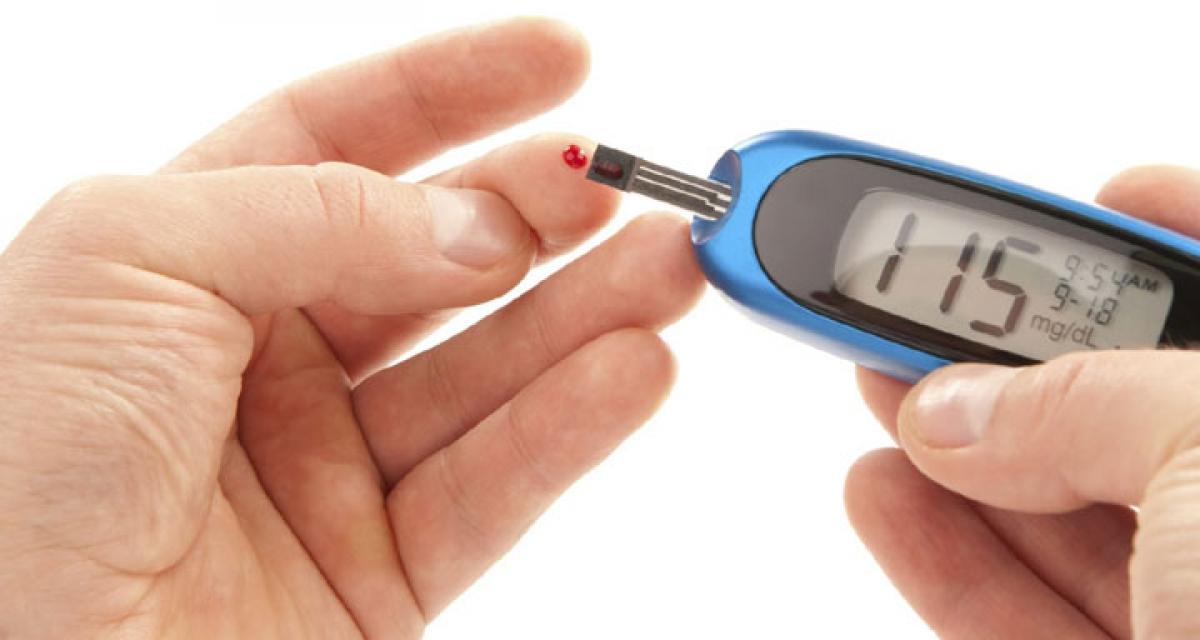Live
- Indian students' concerns about employment, safety, and visas discourage them from applying to UK universities
- Candlelight Concerts Makes a Dazzling Debut in Hyderabad with Sold-Out 'Tribute to Coldplay' Show
- Shubman Gill Sustains Thumb Injury Ahead of Perth Test; Devdutt Padikkal Joins Test Squad
- Unlock Loot Boxes, Diamonds, Skins, and More Exciting Rewards with Garena Free Fire Max Redeem Codes for November 16
- Regarding the DOGE Plan, Vivek Ramaswamy stated, "Elon Musk and I Will Take a Chainsaw to Bureaucracy"
- Sudanese army says repulsed paramilitary forces attack in western Sudan, killing over 80
- Jaipur Open 2024: Baisoya makes a grand comeback to clinch title in marathon playoff against Rashid Khan
- Jamaat-e-Islami Hind President asks cadre to reach out to larger society beyond community
- Why PM mum on Caste Census, removing 50 pc quota limit: Rahul Gandhi
- Barrackpore Municipality Vice-Chairman found dead at home, suicide note suggests blackmail





 There are many research studies that link diabetes to sleep disorders like OSA. According to a study performed by the University of Tokyo at the European Association for the Study of Diabetes, researchers found that the risk of developing Type 2 diabetes increased by 56 per cent in those who were extremely tired during the day. Another study presented at Endo 2015 (Endocrine Society in San Diego) stated that losing as little as 30 minutes of sleep per day on weekdays can have long term consequences on body weight and metabolism which could promote the onset of type 2 diabetes.
There are many research studies that link diabetes to sleep disorders like OSA. According to a study performed by the University of Tokyo at the European Association for the Study of Diabetes, researchers found that the risk of developing Type 2 diabetes increased by 56 per cent in those who were extremely tired during the day. Another study presented at Endo 2015 (Endocrine Society in San Diego) stated that losing as little as 30 minutes of sleep per day on weekdays can have long term consequences on body weight and metabolism which could promote the onset of type 2 diabetes.



